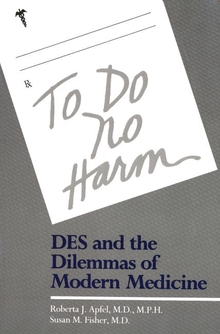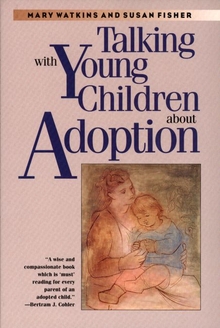To Do No Harm
WARNING
You are viewing an older version of the Yalebooks website. Please visit out new website with more updated information and a better user experience: https://www.yalebooks.com
DES and the Dilemmas of Modern Medicine
Roberta Apfel and Susan Fisher
“Apfel and Fisher raise important questions about the explosion of modern medical technology. They vividly delineate the factors contributing to experimentation with new techniques and drugs and how the pressures experienced by physicians, coupled with their fantasies of heroism, meld with pressures from their patients to tempt them to take risks prematurely…. The volume is provocative and effective. It should be read by all who take part in the health care system, patients and their caretakers.” –Carol Nadelson, M.D., Journal of the American Medical Association
Publication Date: September 10, 1986




